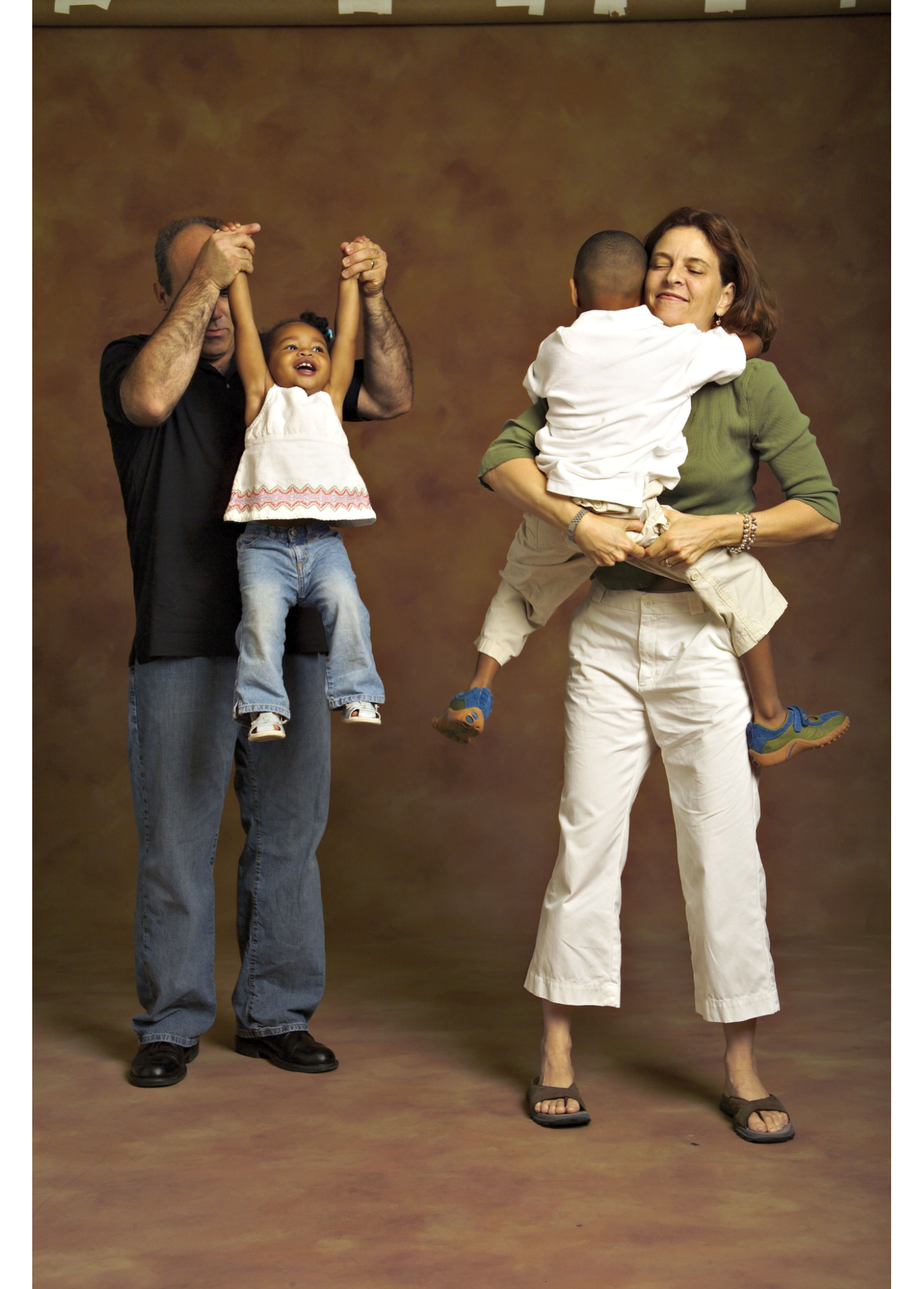What Do You Say, Dear?
Dear Leading Ladies,
One of our favorite children’s books is a humorous guide to manners illustrated by Maurice Sendak of Where The Wild Things Are fame and published in the 1980s. The book, What Do You Say, Dear?, asks what to say when you bump into a crocodile on a crowded street? Or when a nice gentleman introduces you to a baby elephant? Or when the queen feeds you so much spaghetti that you can’t fit in your chair anymore? The answers are pretty straightforward. Say, “excuse me,” or “how do you do,” or “no thank you.”
Would that all the social situations in which we find ourselves could be handled so simply.
Instead, and increasingly, we find ourselves faced with strangers, associates, family members, and even friends, expressing homophobic, racist, islamophobic, and antisemitic attitudes that we find offensive. Moreover, we are confronted with conspiracy theories, misinformation, and science bashing that, if not debunked, can be damaging to our young.
The Southern Poverty Law Center offers suggestions for what to say and do about bigotry in your family and in social situations here.
The experts tell us to speak up when we hear hate speech. Even the United Nations advises, “Whenever possible, do not remain silent, even when it is others who are targeted. Speak up calmly but firmly against hate speech and call it out to make clear that you do not agree with the content of the statement.” That may sound easy, but can be very difficult in a social situation.
Dealing with family is different, and often more challenging, than confronting acquaintances or even friends. What about in-laws who tell offensive jokes around your children? Or aunts and uncles who make disparaging remarks about people of different races or religions at the dinner table? How do you feel when you don’t speak up? When you do?
If the offending people are close friends or family, and their hate speech is persistent, do you curtail your relationships with them? Is that even possible, in the case of family, including in-laws? Where do you draw the line?
Moving beyond hate speech, which includes jokes and discriminatory remarks, what about your relationships with people who believe that the 2020 election was stolen and the events of January 6, 2021, constituted a justified insurrection; that vaccinations are part of some sort of conspiracy; and immigrants are responsible for all that is wrong with this country? Can you look beyond these differences to maintain relationships with these people? Can you say to yourself that they have good qualities that make it possible to overlook these differences? Or do you believe that being true to yourself requires separating from people who don’t just have different beliefs, but beliefs that threaten the very existence of others’ lives and quality of life? Are these people no longer welcome in your house?
As we struggle to be true to our values, responding to the words, attitudes, and behavior of others presents an ongoing challenge.
We’d like to know how you handle these situations. What has worked for you, and what has not? Is there particular wording that you find most effective? Have you ended friendships or family relationships because the divides have been too vast to bridge? How did that feel? Did you make clear to the offending party why you were doing so?
Please share your experiences with us at ladies@leadingladiesvote.org. Let us know if we can share your responses, with your full name, initials, or anonymously.
What would you say, dear?
Therese (she/her/hers)
Judy (she/her/hers)
Didi (she/her/hers)
Leading Ladies Executive Team

